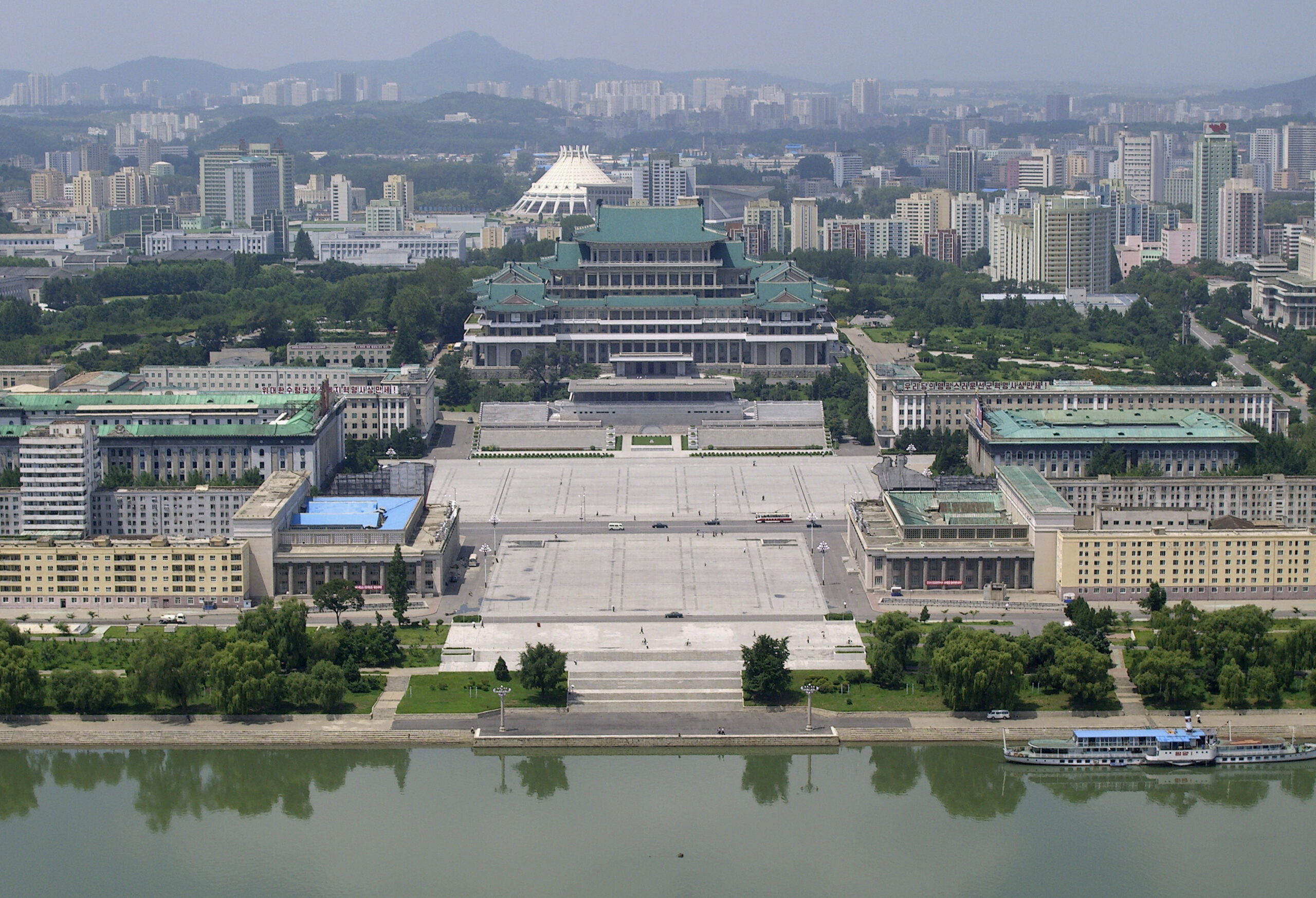For a country closed off from the global internet, North Korea does offer its citizens at least a few high-tech conveniences.
In the Miraewon electronic library system, for example, far-flung rural residents can visit their local library to read an electronic copy of any book in the national collection in Pyongyang.
The service was free of charge – until now.
Authorities are telling patrons that starting in September, they must pay 1 million won, or US$120, a year – a huge sum in North Korea – angering people who use it most frequently, a resident of South Hamgyong province, north of Pyongyang, told RFA Korean on condition of anonymity for security reasons.
“These measures were recently delivered to each city and county Miraewon through local party organizations, ” she said.
The Miraewon, which can be translated into English as the “Future Institute”, has a portal in every city and county in North Korea, and residents can use it to access books housed in Pyongyang’s Grand People’s Study House via the intranet, an online system separate from the global internet.

For some residents, this is the only way they can access materials on science and technology.
The system has been a godsend for agriculture students looking to read up on farming techniques, animal husbandry, or for factory technicians in search of technical manuals or ways to improve efficiency.
So the move would deprive readers of knowledge they need to more effectively do their jobs, a resident of the eastern province of South Pyongan said.
“Here in Sukchon county, we’re an agricultural district, so there are farm technicians and students studying things like breed cultivation and wetland farming,” she said. “The Miraewon has physical copies of propaganda novels and the country’s masterpieces like the Complete Collection of the Works of [former leader] Kim Jong Il, but for anything related to science or technology, they must be read through the National Data Communication Network.”
College students and technicians are complaining that the country prioritizes the propaganda pieces, which aren’t useful to their daily lives.
“They complain … that the authorities are monopolizing the most important science and technology books and force them to access them only through the National Data Communication Network, and now they are even charging fees for it,” she said. “How can a county that hides knowledge like this ever develop economically?”
Translated by Claire Shinyoung Oh Lee. Edited by Eugene Whong.




